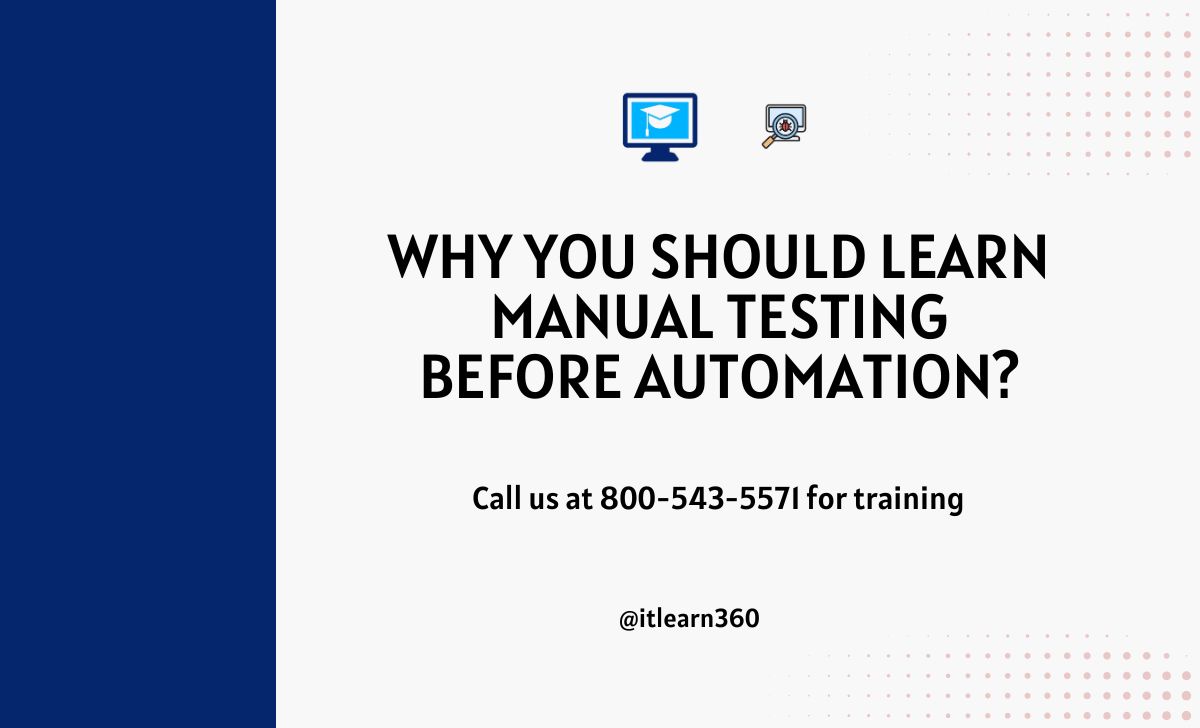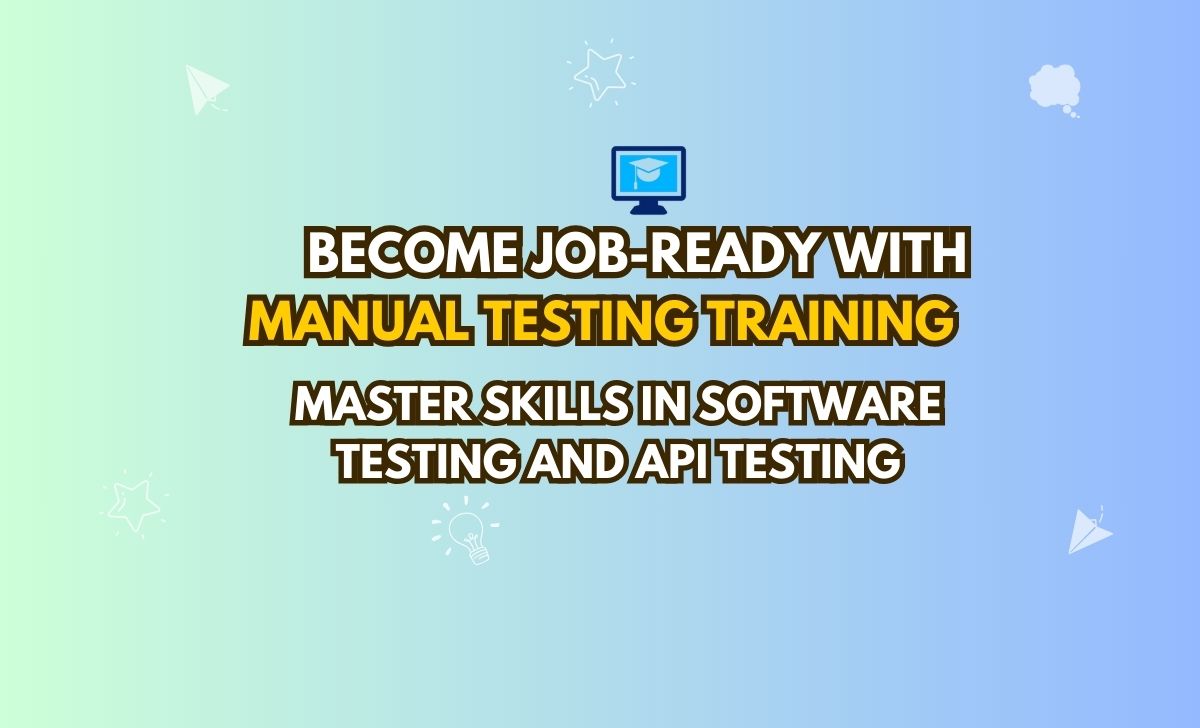DevOps is changing the IT industry by connecting software development and IT operations. As businesses race to deliver software faster and more reliable, the demand for DevOps professionals is growing. But how do you carve your niche in this dynamic field? This guide explains different ways to work in DevOps and what you need to know to succeed in 2025.
1. Entry-Level Roles
These roles are ideal for those who are just beginning their career in DevOps.
a. Junior DevOps Engineer
- Responsibilities: Build and maintain CI/CD pipelines, manage version control systems, and assist in deployment processes.
- Skills Needed: Basic Linux, scripting (Python or Bash), and tools like Git and Jenkins.
- Certifications:
- CompTIA Linux+
- AWS Certified Cloud Practitioner
b. System Administrator / IT Support
- Responsibilities: Ensure system uptime, manage servers, and provide foundational infrastructure support.
- Skills Needed: Networking, monitoring tools (Nagios, Prometheus), and server administration.
- Certifications:
- Red Hat Certified System Administrator (RHCSA)
- Microsoft Certified: Azure Administrator Associate
2. Mid-Level Roles
Once you have a solid foundation in place, you’re ready for the big time.
a. DevOps Engineer
- Responsibilities: Design CI/CD pipelines, automate infrastructure, and streamline deployments.
- Skills Needed:
- Containerization (Docker)
- Orchestration (Kubernetes)
- Infrastructure as Code (IaC) tools (Terraform, Ansible)
- Certifications:
- AWS Certified DevOps Engineer – Professional
- Docker Certified Associate
b. Site Reliability Engineer (SRE)
- Responsibilities: Enhance system reliability, monitor performance, and handle incident responses.
- Skills Needed:
- Programming (Python, Go)
- Observability tools (Grafana, Datadog)
- Certifications:
- Kubernetes Administrator (CKA)
3. Senior-Level Roles
With years of experience, you are able to achieve specialized or leadership positions.
a. Senior DevOps Engineer
- Responsibilities: Mentor teams, architect complex systems, and scale microservices.
- Certifications: AWS Certified Solutions Architect – Professional
b. Cloud Architect
- Responsibilities: Design cloud solutions, optimize costs, and guide migrations.
- Certifications: Microsoft Certified: Azure Solutions Architect Expert
c. DevSecOps Specialist
- Responsibilities: Integrate security into DevOps processes, conduct vulnerability assessments, and ensure compliance.
- Certifications: Certified DevSecOps Professional (CDP)
4. Specialized Tracks
DevOps career paths can branch into niche specializations:
- AI/ML Ops Engineer: Focus on deploying and maintaining machine learning models.
- Kubernetes Specialist: Manage Kubernetes clusters for large-scale applications.
- Cloud Native DevOps Specialist: Work with serverless and microservices architectures.
5. Building a Roadmap
Here’s how to create a clear path to a successful DevOps career:
- Learn the Basics: Master Linux, basic scripting, and cloud fundamentals.
- Earn Entry-Level Certifications: Start with CompTIA Linux+ or AWS Cloud Practitioner.
- Get Hands-On Experience: Build CI/CD pipelines and work on open-source projects.
- Pursue Advanced Certifications: For example, AWS DevOps Engineer – Professional or Kubernetes Administrator (CKA).
- Specialize or Lead: Choose between a technical or leadership track based on your interests.
6. Salary Insights and Job Growth
According to Glassdoor, DevOps professionals are among the highest-paid in the IT sector. Below is a breakdown of the average annual salary in the United States.
- Entry-Level Roles: $51,291 to $106,270 per year. Glassdoor
- Mid-Level Roles: $89,957 to $166,890 per year, with at least 5 years of experience. Glassdoor
- Senior Roles: The estimated total pay for a DevOps Engineer is $138,353 per year, with an average salary of $111,825 per year. Glassdoor
The U.S. Bureau of Labor Statistics projects a 17% growth in employment for software developers, quality assurance analysts, and testers from 2023 to 2033, which is much faster than the average for all occupations.
Bureau of Labor Statistics This growth indicates a robust demand for professionals in the software development and IT operations sectors, including DevOps roles.
Note: Salary figures can vary based on factors such as location, experience, and company size.
7. Key Takeaways
DevOps is for everyone, whether you’re just starting out or looking for a senior leadership role. By getting relevant certifications, learning essential tools, and getting hands-on experience, you can unlock endless opportunities in this field.







